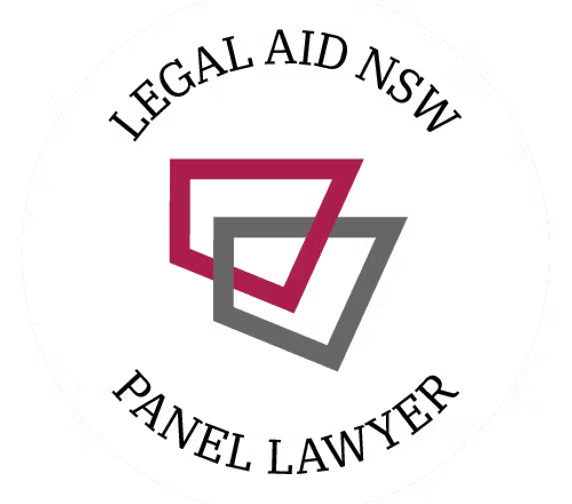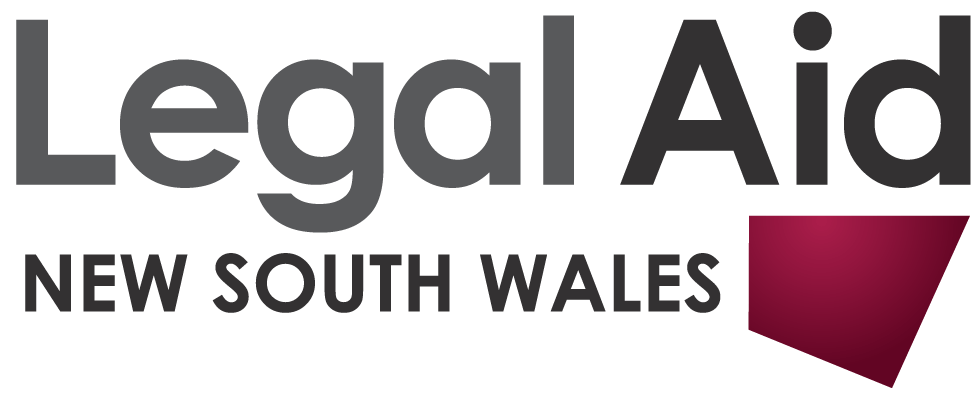Summary vs Indictable Offences in New South Wales
In New South Wales, all criminal charges fall into one of two main categories — summary offences or indictable offences. The distinction is crucial, as it determines how a matter proceeds through the court system, the potential penalties, and whether the accused has a right to a jury trial.
What Are Summary Offences?
Summary offences are considered the less serious category of criminal matters. They are typically dealt with in the Local Court before a magistrate, without a jury. Examples include:
Because summary offences are dealt with more quickly and carry lower penalties, they are often finalised in one or two court appearances. The maximum penalty for most summary offences in NSW is two years’ imprisonment per charge, although many result in fines, community corrections orders, or good behaviour bonds.
What Are Indictable Offences?
Indictable offences are more serious and generally heard in the District Court or Supreme Court before a judge and jury. These offences often carry significant penalties, including lengthy terms of imprisonment. Examples include:
For these offences, the prosecution (usually the Office of the Director of Public Prosecutions) bears the burden of proof beyond a reasonable doubt.
Table Matters and the “Electable” Process
In New South Wales, some offences are classified as table offences — they can be dealt with either summarily (in the Local Court) or on indictment (in the District Court), depending on the seriousness of the allegations and the election made by the prosecution or the defence.
For example, a charge of assault occasioning actual bodily harm (AOABH) under section 59 of the Crimes Act 1900 (NSW) can be heard summarily in the Local Court unless the prosecution elects to have it dealt with on indictment. This ‘electable’ process gives both sides flexibility in how the case proceeds — balancing efficiency with fairness.
Why the Difference Matters
The classification of a charge impacts:
Understanding this difference early can help defendants make informed decisions about plea negotiations and trial strategy.
Why Legal Advice Is Essential
Criminal matters in NSW can quickly escalate from a straightforward charge to a complex case, depending on how the prosecution classifies it. Early legal advice ensures you understand your rights, the available options, and the best strategy to achieve a fair result.
Contact Us for Expert Help
At EAS Legal, our NSW criminal defence lawyers regularly appear in Local and District Courts across the state. We are experienced in both summary and indictable matters, from traffic offences to serious criminal charges.
Call us on 1800 117 533 or visit www.easlegal.com.au to arrange a confidential consultation and get clear, practical advice about your case.
Need to speak with a lawyer?
Our experienced lawyers are here to help you understand your legal rights and options. Contact us for a confidential discussion about your situation.
















